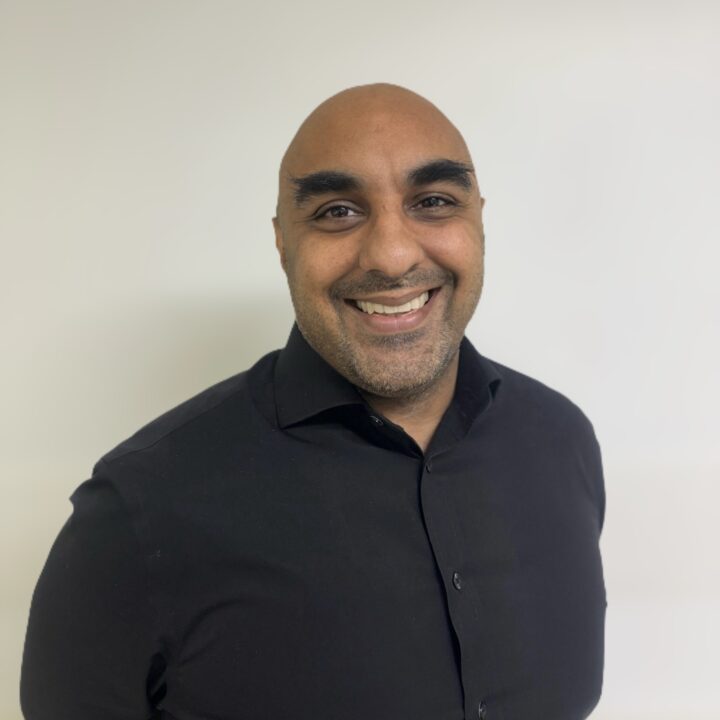Posted on
31 July 2025
Read time
3 minutes

By: Krystal Warmoth
Senior Research Fellow, ACHA
Honorary Fellow, University of Hertfordshire
On 29 July, I had the unique opportunity to attend a powerful and inspiring event at the historic Old Bailey, hosted by Sheriff David Chalk — not to witness a trial, but to engage in a vital conversation about the future of social care in the UK.
The evening brought together a remarkable mix of leaders, politicians, innovators, and people with lived experience to explore how we might reimagine social care to meet the demands of an ageing population, workforce pressures, and systemic underinvestment. Against the imposing backdrop of one of the UK’s most iconic legal institutions, the message was clear: we need a radical rethink of how care is designed, delivered, and valued.
Leadership, Vision, and Urgency
The event was opened by Professor Martin Green OBE, Chief Executive of Care England, who offered a compelling vision for the sector’s future. He spoke candidly about the current and future challenges facing providers, the structural barriers to reform, and the need for national leadership that truly values the role of care in society. He stressed the importance that technology, AI and data sharing will have going forward and the need for the sector to embrace these innovations.
A dynamic panel discussion followed, featuring Dr Jane Townson OBE (Chair, Homecare Association) and Martin Jones MBE (CEO, Home Instead UK), chaired by The Rt Hon Damian Green, Chair of the Social Care Foundation. Each brought a different perspective — from home care to residential services to community-based innovation — but all agreed on one thing: the current system is unsustainable, and incremental change will not be enough.
Importantly, the panel looked beyond the immediate funding and recruitment crisis, examining how new ideas, emerging models of care, and international developments could help shape the future of adult care in the UK. The focus was not just on what’s broken, but on what’s possible.
Innovation, Technology, and Human Connection
Technology featured prominently in the conversation, not as a replacement for person-centred care, but as an enabler of it. One example shared was CareBrain, an AI-powered app in development to support care planning and coordination across sectors. I spoke to Hannah Morgan, who leads the project, about the importance of designing digital tools that are ethical, inclusive, and grounded in real-world needs.
But even amid discussions of innovation, the most moving moments came from those with lived experience — carers, people receiving care, and frontline workers. Their stories were honest, often emotional, and a powerful reminder that care is, at its core, about human relationships. Technology may enhance care, but it cannot replace empathy, trust, and connection.
What Comes Next
Attending this event was both sobering and hopeful. The challenges facing the social care sector — chronic underfunding, an overstretched workforce, and a lack of long-term strategy— are undeniable. Throughout the evening, there was an underlying sense that social care remains the missing piece in the puzzle of England’s recently published 10-Year Health Plan — a critical component that must be fully integrated if the system is to be truly fit for the future. But the evening also highlighted the energy, ideas, and commitment of those working toward change.
The Old Bailey, long a symbol of justice, became for one night a space for imagining a more just, compassionate, and forward-thinking care system. One where social care is not viewed as a burden on the state, but as a shared social good — a cornerstone of a healthy, inclusive society.
If we are to build that future, we will need more spaces like this — bold conversations that challenge the status quo and inspire real action. The well-being of an ageing population — and the sustainability of care itself — depends on it.








